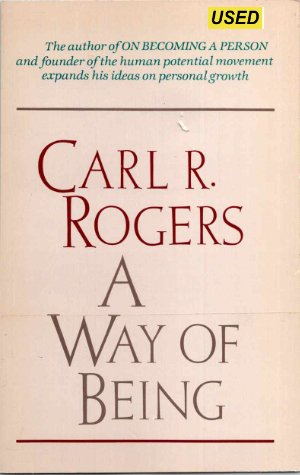by John Dollard Neal E. Miller
"Personality and Psychotherapy: An Analysis in Terms of Learning, Thinking, and Culture" delves into the intricate relationship between personality development and psychotherapeutic interventions. Authored by experts in the field, this book offers a comprehensive exploration of how individuals' unique personalities are shaped by learning experiences, cognitive processes, and cultural influences.
Through a blend of theoretical frameworks and practical insights, the book sheds light on the complexity of human personality and how it manifests in various therapeutic settings. Readers will gain a deeper understanding of how learning dynamics, cognitive patterns, and cultural factors interact to shape an individual's psychological makeup.
Whether you are a student, practitioner, or simply interested in the intersection of psychology and culture, "Personality and Psychotherapy" provides a thought-provoking analysis that challenges traditional views on personality development and therapeutic approaches. Engaging and illuminating, this book is a must-read for anyone seeking to explore the multifaceted nature of human personality within the context of psychotherapy.
NY. McGrew-Hill Book Company. 1950. 489p





















